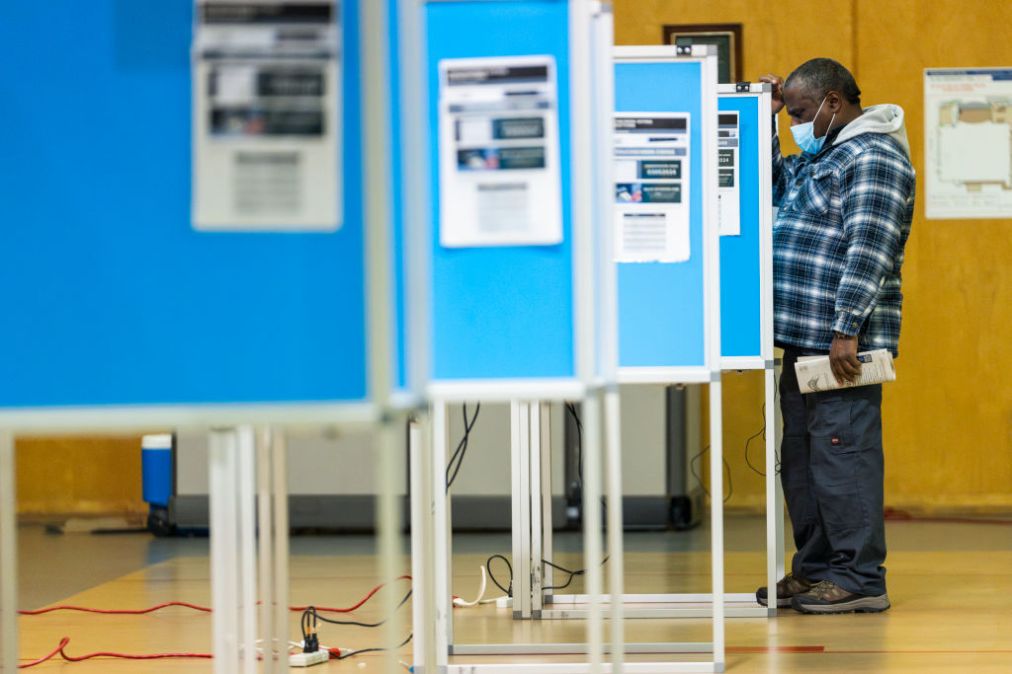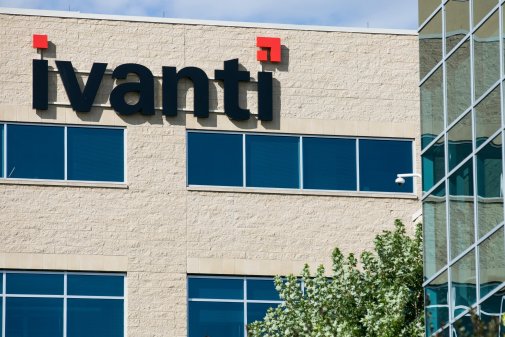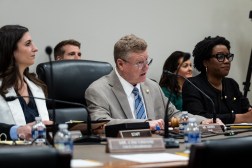CISA: No credible election threats, and no contact with social media companies

Officials at the Cybersecurity and Infrastructure Security Agency said they have not seen serious attempts to meddle with election infrastructure in the lead-up to the Super Tuesday presidential primary, and reiterated that the agency is no longer communicating or coordinating with social media sites around disinformation.
“We have not been in touch with social media companies regarding our election security-specific mission,” a senior CISA official told reporters during a briefing Tuesday.
That marks a noted change from election cycles in 2018 and 2020, when CISA officials provided updates on election-day conversations and coordination with social media platforms around emergent disinformation regarding voting logistics, polling locations and other aspects of election administration.
That coordination often involved intelligence-sharing around misinformation and disinformation campaigns and agency-requested takedowns of accounts and actors that repeatedly and willfully spread false election information online.
The CISA official’s comments align with testimony from other federal officials and recent comments from members of Congress tracking a broader pullback by agencies in their engagement with social media companies on disinformation. That pullback comes in the wake of a series of recent court cases that cast doubt on the legality of the government’s past approach.
Last year, a district judge ruled that these sorts of interactions likely violate the First Amendment and represent a form of backdoor government coercion and regulation of speech for privately owned social media companies. The Supreme Court partially rolled back some of the restrictions imposed by that ruling, but have taken the case up for review this year, with oral arguments set for March 18.
FBI Director Christopher Wray has said that these court cases “fundamentally” changed the way the bureau interacts with social media platforms. Last week at the Trellix Cybersecurity Summit in Washington D.C., Sen. Mark Warner, D-Va., said those cases have created an air of uncertainty that has paralyzed federal agencies.
“I think the administration’s lawyers, frankly, are being way too cautious,” Warner said. “NSA, CISA, ODNI, FBI literally had no communication with any of the social media platforms on election interference since July. And that ought to scare the hell out of all of us.”
In Congress, a Republican-controlled House has pushed for new ways to constrain the ability of federal agencies to perform similar work in the future. On Feb. 29, the House Judiciary Committee approved the Censorship Accountability Act, a bill that would allow citizens and U.S. persons to sue individual federal employees if they believe their First Amendment rights have been violated.
Everett Kelley, national president of the American Federation of Government Employees, told CyberScoop that if passed into law, the bill would “penalize apolitical civil servants for doing their jobs” and “open the floodgates” for partisan political actors to file lawsuits that make it harder for the federal government to protect elections from disinformation.
“These lawsuits would waste valuable time, resources, and taxpayer dollars, making it more difficult to ensure the public has access to accurate information about public health, safety, and national security,” Kelley said in a statement. “It would likewise make it more difficult for the government to disrupt efforts by malicious actors to distribute illegal materials and prevent malign foreign actors from interfering with free and fair elections.”
Experts say that while there are legitimate and fair questions around the proper role of the federal government in this area, this shift will likely push the burden for monitoring and neutering online disinformation down to under-resourced state and local officials. Indeed, in a joint op-ed published in January, CISA Director Jen Easterly, Kansas Secretary of State Scott Schwab and Cait Conley, an election security advisor with CISA, wrote that responsibility for combatting AI-generated disinformation will “in large part … fall to the country’s state and local election officials.”
Lindsay Gorman, a former senior White House advisor on AI, democracy and national security, told CyberScoop in January that even if federal agencies are constrained from engaging with social media companies around content moderation, they can still play a more robust complementary role, offering technical analysis to state and local election officials and access to novel tools that can help detect synthetically manipulated content.
“I still think there’s some distance between saying we’re not going to get involved [on content moderation] and just letting state and local jurisdictions figure it out,” said Gorman, a senior fellow for emerging technologies at the German Marshall Fund’s Alliance for Securing Democracy. “I think there is still room to provide analytic capability and technical expertise and help with assessments. Maybe this should really live in some kind of nonprofit as opposed to the federal government, but there are resources that we should be bringing to bear without saying this content should be taken down or making recommendations in direct lines with social media companies.”





